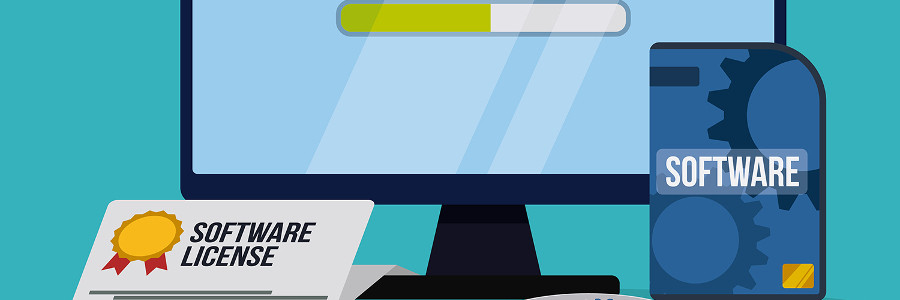Until now, virtualization hadn’t been targeted by cyber attackers with the same vigor as other small- and medium-sized business IT solutions. Whether it was because of the inherent security of virtualization or because of the relatively narrow scope of its adoption, this is no longer the case.
Are your VMware machines up to date?
Citrix’s XenApp gets a cloud boost from Azure

Microsoft’s Azure and Citrix’s XenApp have done a lot to move virtualization services into the mainstream over the years. So, with the announcement that the two companies will work together to combine their platforms into a new cloud-based application delivery system, it’s understandable why there is so much excitement within the industry.
Network virtualization: why you should care

As difficult as virtualization may be to understand, it continues to march toward widespread adoption. Up until now, the service was mostly limited to making hardware and software resources better allocated based on needs. However, corporate bigwigs AT&T and Verizon are jumping into the game by adding the option to virtualize network services.
Amazon’s new tool for swift data migrations

Virtualization is as complicated as it is beneficial to SMBs. The concept alone can take time to fully grasp and making it a reality at your company is even more difficult. However, Amazon Web Services needs to make the service as easy as possible if they expect to retain customers and increase their bottom line.
Prominent virtualization options for SMBs

Keeping up with tech trends as a small or medium-sized business owner is tough. Virtualization may be a great example of this, but it’s definitely worth the effort. Between the boost to network security and ability to scale your workstations and servers according to your business growth, it’s time to start learning a little more about it.
The three types of client virtualization
Learning about virtualization licenses

Whether you only need a dozen, or a hundred, the process of deciding on and acquiring software licenses can be very frustrating. Many of us had hoped that cloud computing and virtualization would alleviate some of these headaches. Unfortunately, we’re not there yet, which is why it’s important to understand all of your licensing options when deciding on a virtualized environment -- let’s take a look.
Google updates presentation software

You may think that you hate slideshow-based presentations, but in reality you probably hate poorly designed content and overapplication of transition effects. The recent update to Google Slides may not have removed your most dreaded cliche, but they did add some truly innovative interactivity features.
How Virtualization helps with DR
Manage the security risks of virtualization

Virtualization security is a topic that often goes undiscussed on the Internet, and you may even think it’s a non-issue because of this. However, like the rest of your technology, a virtualized infrastructure must be secured. To help keep yours protected, here are some of the security risks involved with virtualization and how you can go about mitigating them.



